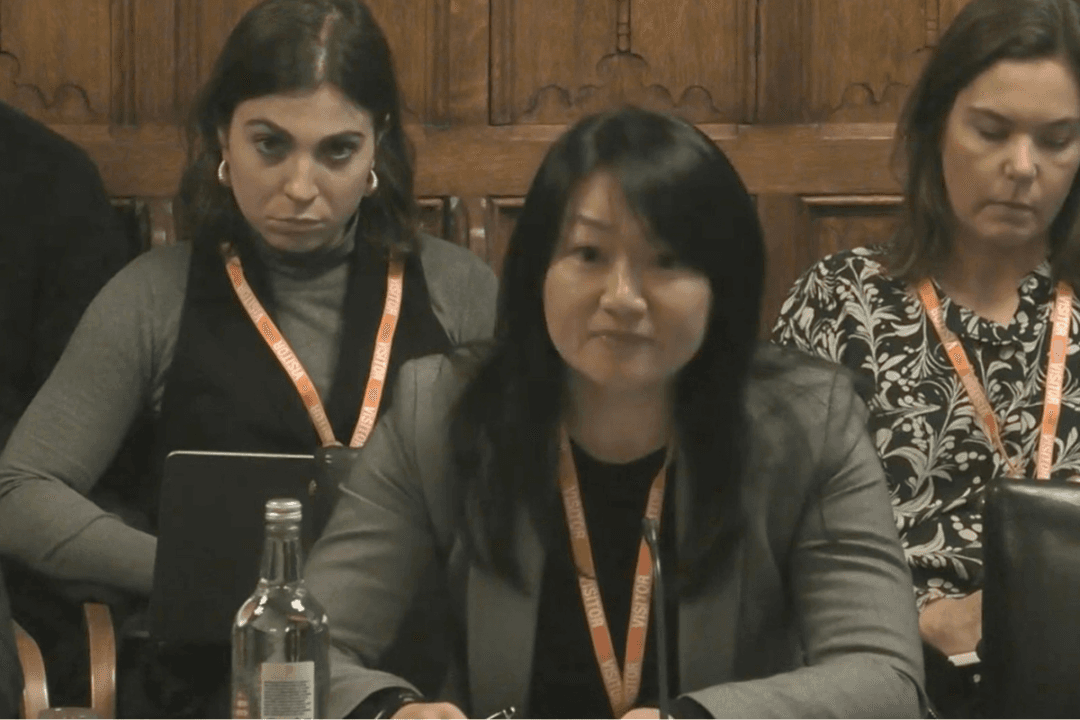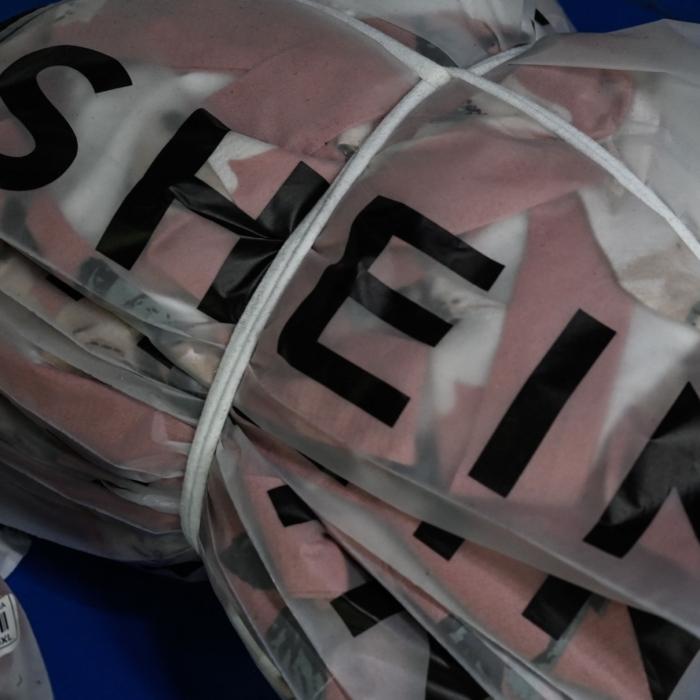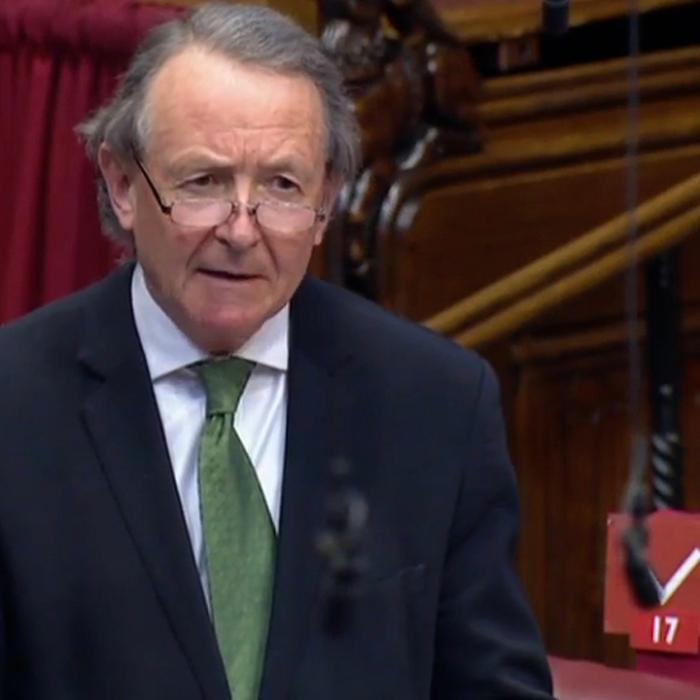The lawyer for the Chinese fashion retailer Shein has declined to answer several questions on the use of forced labour in its cotton supply chain.
MPs asked Shein’s general counsel Yinan Zhu several times during a committee meeting on Tuesday whether cotton from China, and specifically from the Xinjiang Province, was used in clothing sold by the company.
Zhu, who is the general counsel for Shein in Europe, the Middle East, and Africa, told MPs during a session of the Business and Trade Committee that she could not answer questions on “detailed operational information and in other aspects,” requesting to be able to respond in writing at a later date.
“While I understand that today’s discussion is about international supply chains and upholding labour rights and standards, I can only answer questions as far as my position and responsibility relates to. So I'll do the best I can to answer your questions to the extent there are details that I’m not able to provide,” she said.
Chairman Liam Byrne said that the committee had been “pretty horrified” by the lack of evidence provided, giving them “almost zero confidence” in the integrity of Shein’s supply chains.
Stock Exchange Listing
Zhu said that Shein, founded in China and headquartered in Singapore, does not have any of its own manufacturing facilities but works with a network of suppliers in China, Brazil, and Turkey.She added that suppliers are expected to adhere to robust standards and that third-party agencies have conducted close to 4,000 audits, using a 140 point list to ensure supply chain and labour rights due diligence.
However, when asked by MPs whether a prohibition on suppliers sourcing cotton from Xinjiang was on that 140 point list, Zhu said she could not answer, again asking for permission to write back to the committee.
The counsel appeared before the House of Commons Business and Trade Committee to give evidence during a session on the subject of the Employment Rights Bill and amid speculation that Shein, which sells around £1 billion in goods to British consumers every year, was looking to listing its shares on the London Stock Exchange.
The Shein representative also could not comment on whether the company was seeking listing in the UK.
‘Pretty Horrified’
Closing that portion of the session, Byrne told Zhu: “I have to say, for a company that sells a billion pounds to UK consumers, and for a company which is seeking to float on the London Stock Exchange, the committee has been pretty horrified by the lack of evidence that you have provided today.“You’ve given us almost zero confidence in the integrity of your supply chains. You can’t even tell us what your products are made from.
“You can’t tell us much about the conditions which workers have to work in, and the reluctance to answer basic questions has frankly bordered on contempt of the committee.”
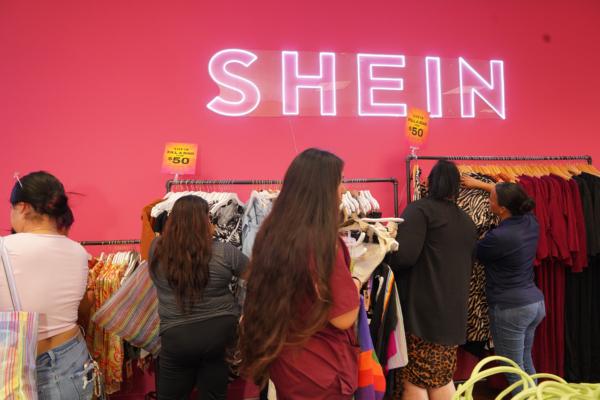
He added that he hopes she could clarify outstanding issues shortly through correspondence.
Ethical and Moral Targets
In July, Business Secretary Jonathan Reynolds had said that Shein would be expected to meet the same ethnical and moral targets on all aspects of business as British companies, if it became listed on the London Stock Exchange.Reynolds had told Times Radio: “To be absolutely clear, if any company had forced labour in its supply chain it shouldn’t be doing business in the UK at all, it shouldn’t be a question of where it lists.
“But where companies are active in the UK, the best way we make sure they hit the standards we want to see is for them to be regulated from the United Kingdom and therefore if a listing was to be made, I’d want that listing to be here in the UK.”
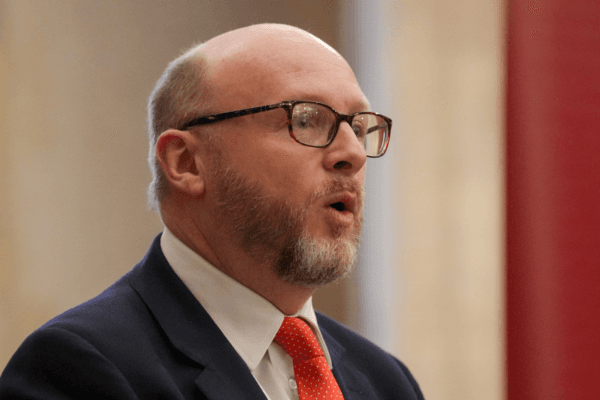
The statement continued: “Visibility across our entire supply chain is of the highest importance to us and we are wholly committed to respecting human rights,” the statement reads.
“To comply with applicable laws, we not only require that our contract manufacturers only source materials from approved regions but we also verify this independently.”
